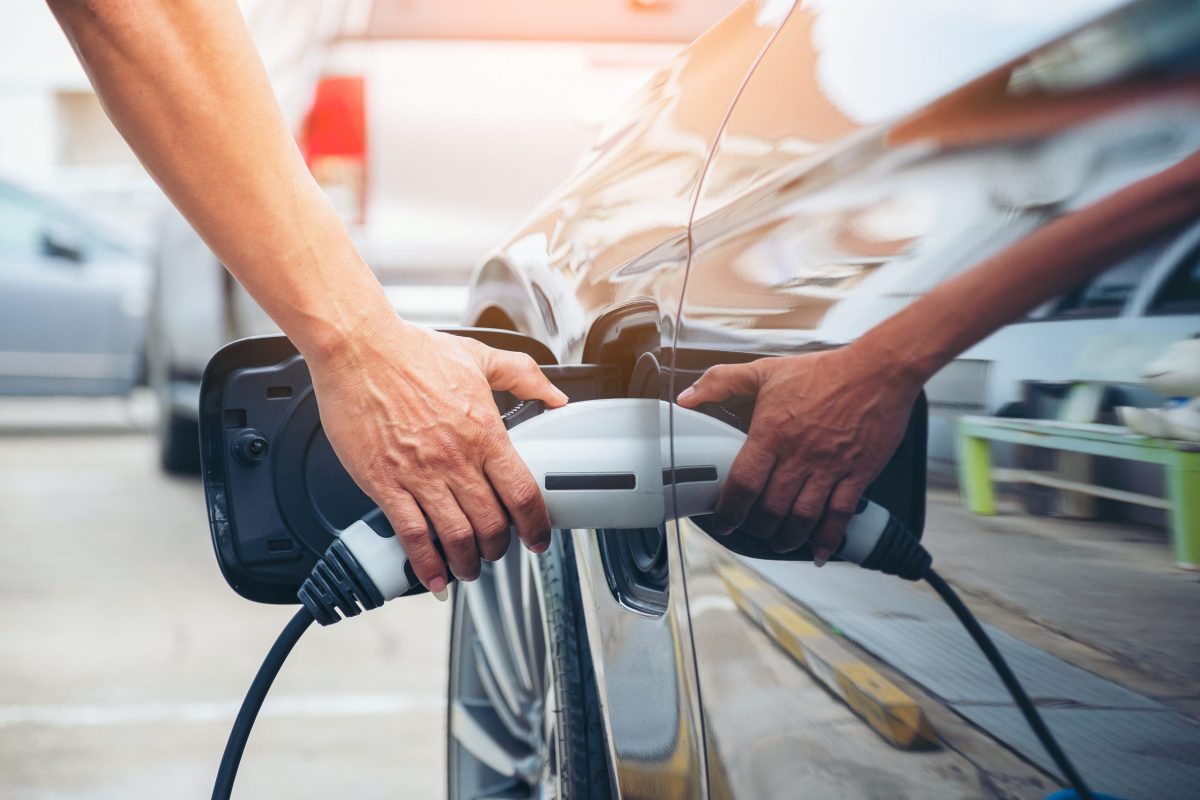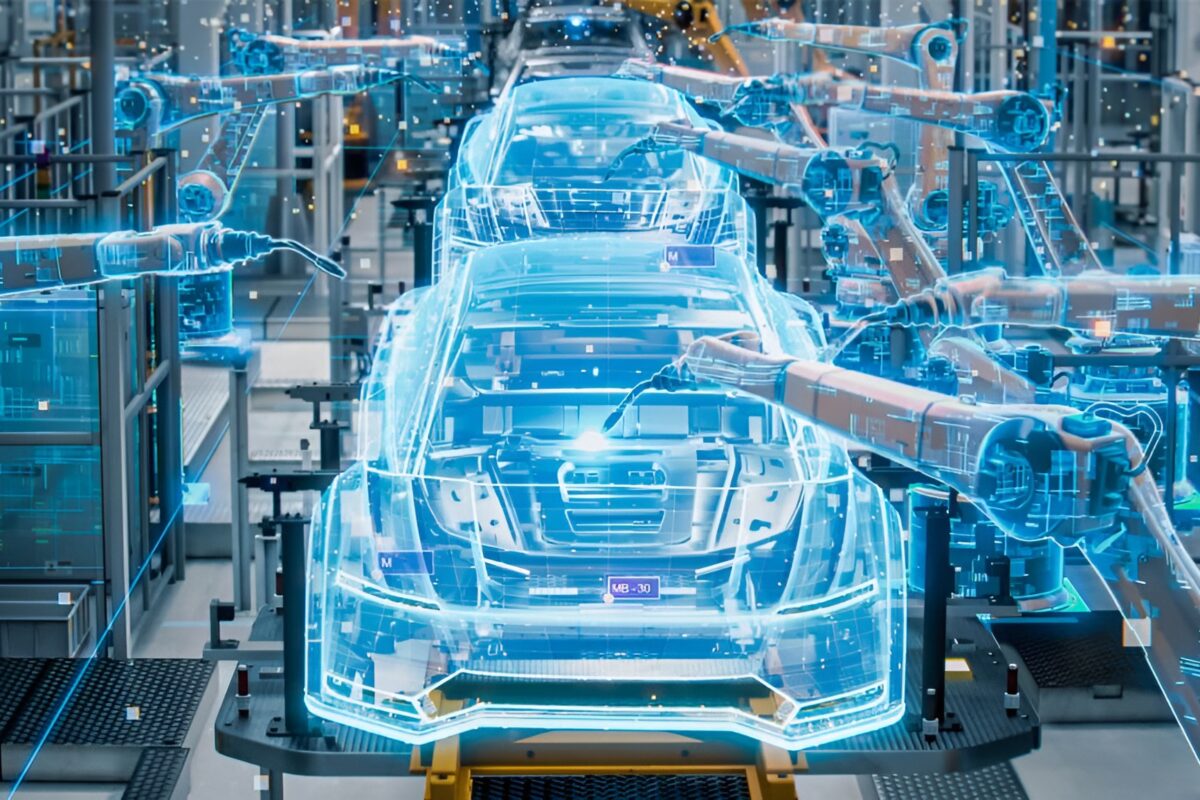Industry regulars will not have failed to notice that the truck makers’ focus on electrification at the 2018 IAA Commercial Vehicles Show in Hanover echoed 2017’s light vehicle equivalent in Frankfurt. It’s safe to assume that the latter was, in part, an effort to ward off the spectre of Dieselgate, particularly with German Chancellor Angela Merkel in attendance. By and large, the commercial vehicle (CV) sector has been unaffected by the emissions scandal, and yet similar political pressure to clean up transportation is now mounting.
The European Commission, for example, is preparing to regulate heavy-duty carbon dioxide emissions for the first time in its history. Emissions from trucks, buses and coaches reportedly account for a quarter of total road transport CO2 emissions in Europe, and 6% of the bloc’s total emissions. It’s of little surprise, therefore, that virtually every major European truck maker at the IAA displayed an electrified offering, either slated for production, or a concept close to production.
The main challenge for operators so far has been getting their hands on the tech: as DPD’s Thomas Steverding notes, truck-makers have not exactly been forthcoming with solutions.
Meanwhile, a number of household names in North America have thrown some weight behind powertrain electrification: UPS already runs several hundred partially or fully-electrified vehicles, whilst PepsiCo, Walmart, FedEx and Budweiser owners Anheuser-Busch have all placed deposits on Tesla’s electric semi (the status of which remains thoroughly uncertain); the latter fleet has also placed a major order for Nikola Motor’s hydrogen fuel cell truck.
With climate change becoming a lived reality, it is unclear whether these companies are simply trying to appear to be on the right side of history, or if an economic case for electrified trucks has genuinely emerged. Whilst the numbers make headlines, they remain paltry compared with overall fleet sizes, and battery technology remains unsuitable for long-haul applications, with current-day battery technology unable to meet the twin demands of heavy weight and long distances. Fuel cell advocates, such as Nikola, argue that hydrogen can provide the distance required whilst solving the issue of lengthy re-charging times, but an infrastructure suitable for the trucking sector’s needs remains entirely lacking.
By and large, the commercial vehicle (CV) sector has been unaffected by the emissions scandal, and yet the same political pressure to clean up transportation is now mounting.
However, in the short-haul segment, including last mile delivery and waste management applications, there seems to be an enthusiasm and a will to action which suggests that in spite of technical challenges, the industry is moving in the direction of electrification. Short, set routes and overnight depot charging will ease the fears of fleet owners.
The main challenge for operators so far has been getting their hands on the technology: as DPD’s Thomas Steverding notes, truck makers have not exactly been forthcoming with solutions. That said, if the range of potential offerings on display at the 2018 IAA was anything to go by, this could soon change.
Subscribers can read further analysis of electrification prospects for the CV sector in our latest Automotive World Special report: The path to the electric truck, available for download today.



